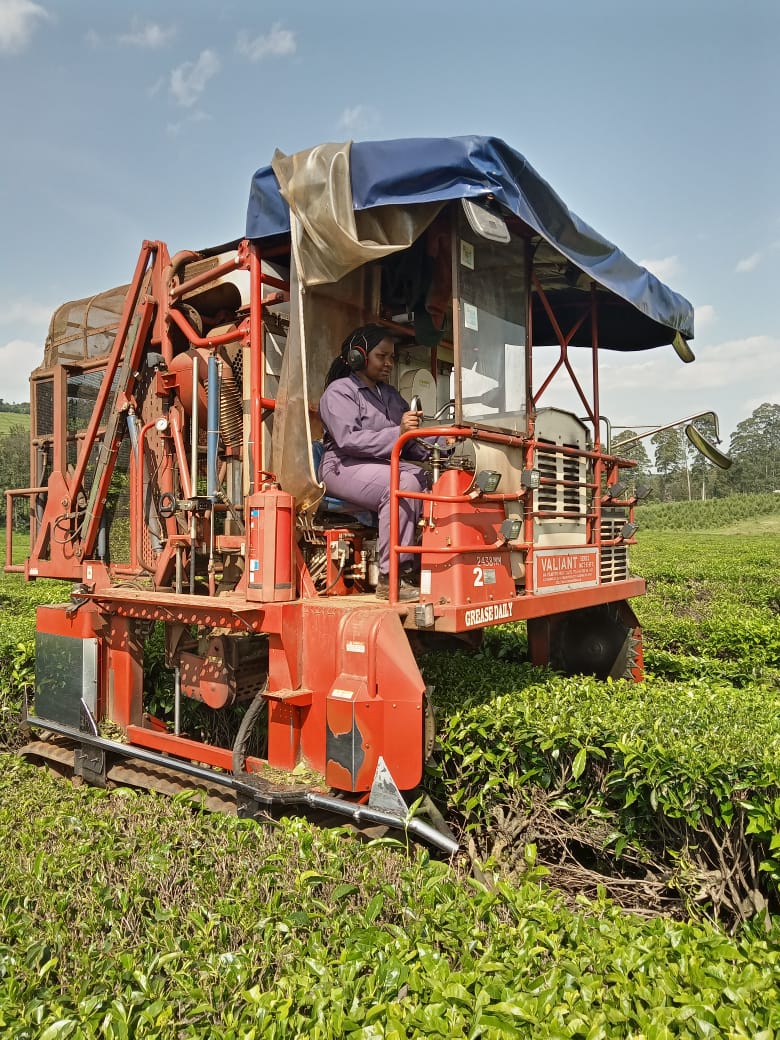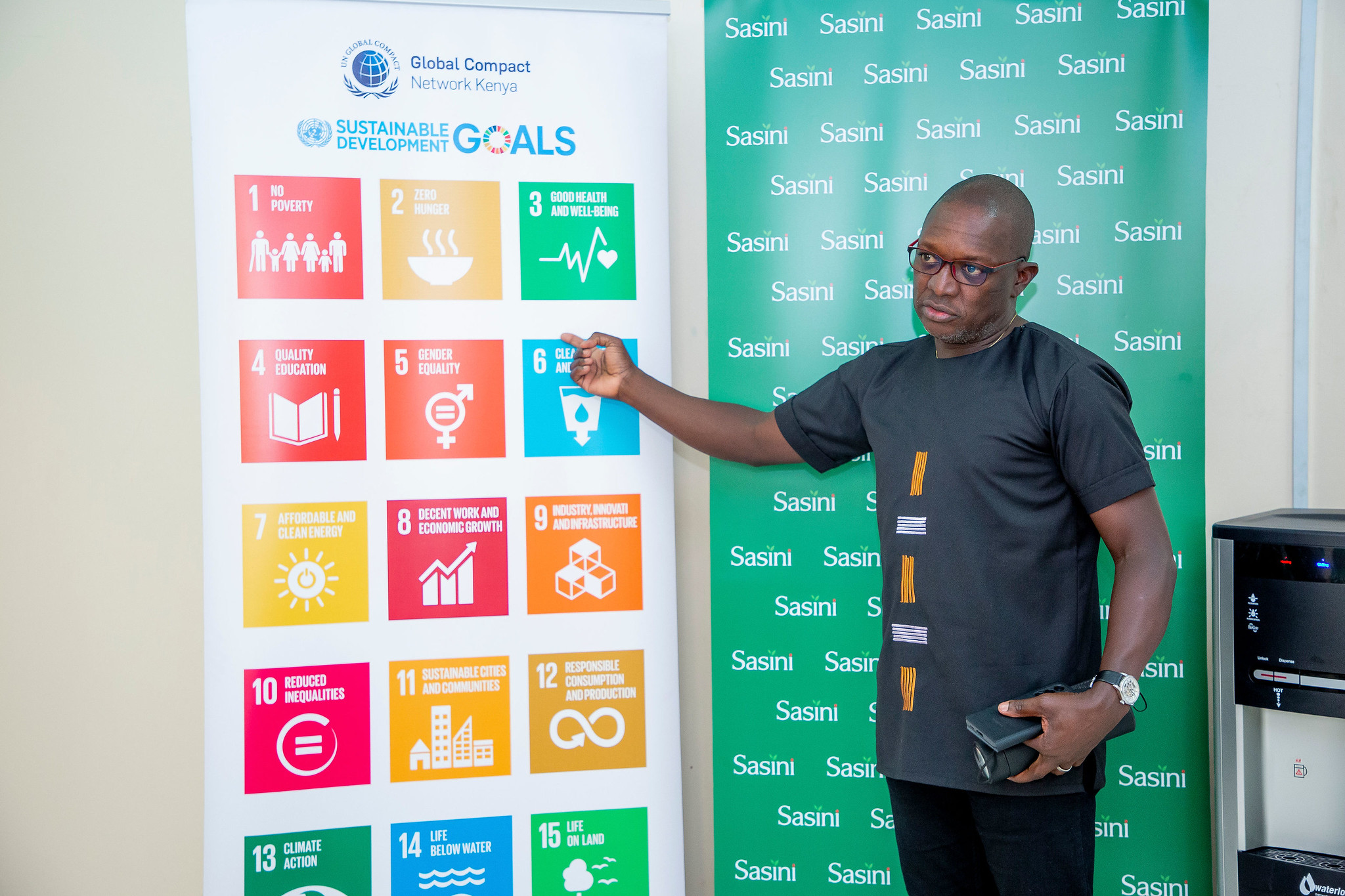Guided by the Ten Principles, Kenya’s Sasini PLC sets ambitious sustainability goals
Read more

At Sasini PLC, a Kenyan company that grows, produces, markets and exports tea, coffee, avocado and macadamia nuts, the Ten Principles of the United Nations Global Compact guide its commitment to sustainability.
“We are being very deliberate about it, so it’s by design,” said Martin Ochien’g, Sasini’s Group Managing Director and Chair of the Global Compact Network Kenya Board. “We are setting goals to say, ‘by this year we want to do this, by this time we want to do that.’ That is really is working for us.”
A UN Global Compact participant company since 2015, Sasini has based its sustainability efforts on the Ten Principles, which cover human rights, good labour practices, protection of the environment and anti-corruption practices.
In 2020, through the Target Gender Equality accelerator programme of the UN Global Compact, Sasini set itself a target of 40 percent women in upper management. At the time, Sasini was at 10 percent, but by the end of 2022, it was recording 30 percent female representation in high-level management. The company continues to take actions to achieve its gender equality targets by providing equal opportunities at recruitment and career development phases.
“Without sustainability, you just can’t work. You can’t have a business to run,” Ochien’g said.
The tea industry, for example, has been long dominated by the notion that women should work in the field plucking the leaves by hand, among the lowest paid jobs, while other positions go to men, he said.
Sasini addressed that historic imbalance when it started mechanizing tea harvesting in 2019, moving the process from fully manual to fully automated. The automation changed the nature of the once dead-end positions of tea pluckers and coffee berry pickers.
Now 60 percent of the machine operators are women, and the company routinely recruits women to fill those positions.
Until recently, only one woman served in top leadership at Sasini, heading up human resources, and no women could be found in the company’s senior tiers of management. Now women fill the ranks of leadership as group heads of procurement, in information technology, and as factory managers and field directors.
Sasini also has been successful in attracting new women university graduates who go through its training courses to become candidates for management positions.
The second highest-ranking manager in its tea business is a woman, and women are becoming supervisors and mid-level managers as well. Further challenges ahead include moving more women into its factories, back office and support staff.
The company also supports healthcare, educational development and empowerment of employees and the neighbouring host communities in the areas where it operates. This corporate social investment maintains four primary schools, one secondary school and a health facility offering both in-patient and out-patient medical services. It also supports early childhood development and provides daycare centers for working lactating or nursing mothers.
Sasini shares its strategies and success stories through various platforms of the Global Compact.
“Whenever we can tell a story that we are proud of, we want to tell that,” Ochien’g said. “We are very happy to share where our successes are coming from. If somebody wants to learn from whatever we call best practices, we are very open to that.”

Now 60 percent of the tea harvesting machine operators are female, and Sasini routinely recruits women to fill these positions.

Martin Ochien’g, Sasini’s Group Managing Director and Chair of the Global Compact Network Kenya Board

